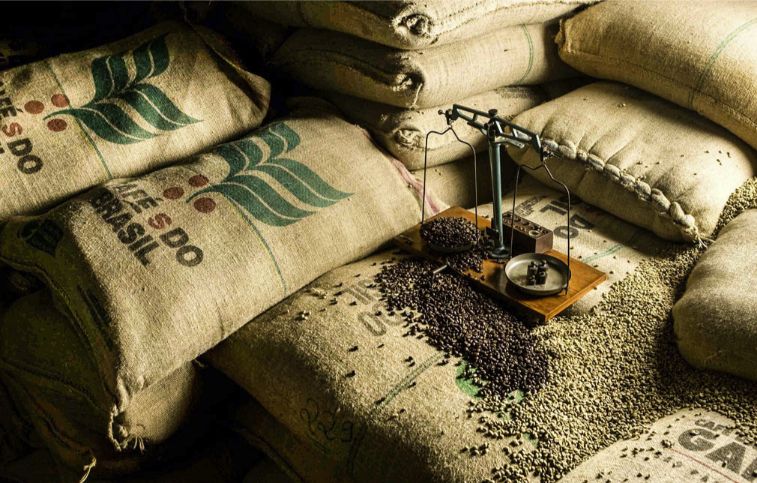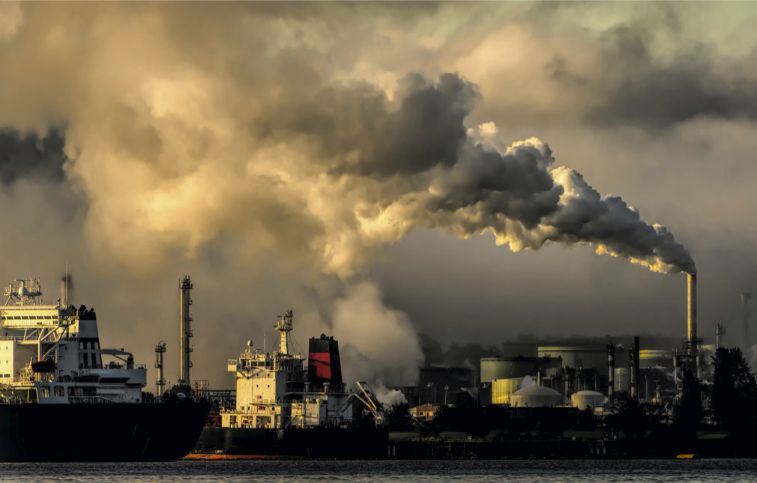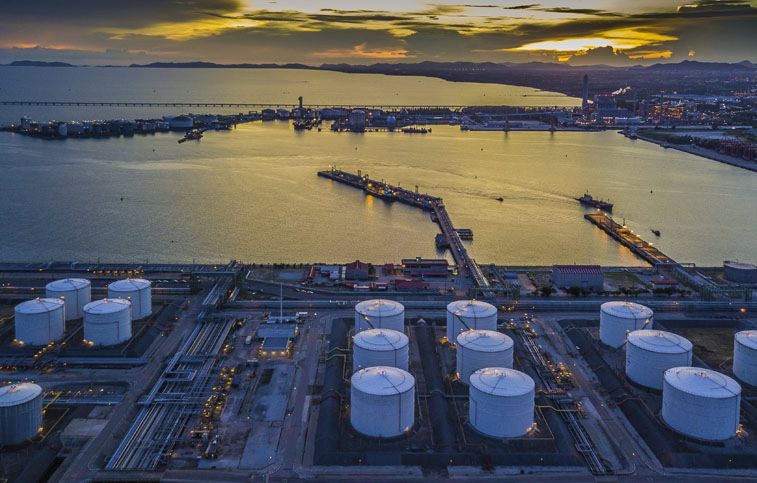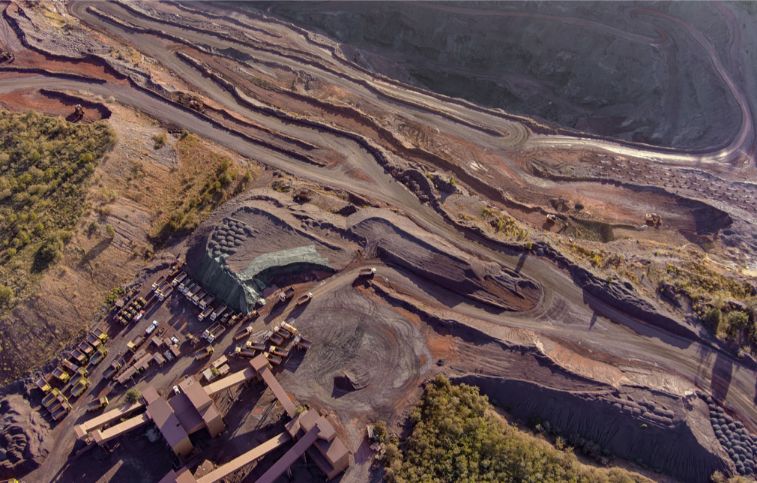It is no secret that rising temperatures caused by human activity pose a risk to coffee bean production. Nevertheless, an expert in ecology named Jarrod Kath and a researcher on climate change named Scott Power, both affiliated with the University of Southern Queensland in Australia, say that the critical threshold for severely reduced coffee crops is very soon approaching.
In previous studies, researchers focused on analyzing how temperature and rainfall shifts affected coffee crop yields. According to the study’s findings, it is more important to investigate the connection to the so-called vapor pressure deficit. This is the difference between the maximum and effective pressure of water vapor in the air. The maximum vapor pressure determines the saturation point of the air. A large vapor pressure deficit causes a significant amount of water to be drawn out of plants on hot, dry days. This phenomenon, which can be equated to the drying out and cracking of the lips, occurs when there is a high vapor pressure deficit.
The researchers gathered information on climate and production from the primary producing countries of Arabica coffee, one of the world’s top two types of coffee. They discovered that when the vapor pressure deficit reached a threshold value of 0.82 kilopascals, there was a considerable decline in the yields the plants produced. After that time, yields start to fall much more quickly, reaching half of the long-term average.
Today, the crucial threshold was breached in Kenya, Mexico, and Tanzania. If the current trend of global warming continues, there is a good chance that yields will fall in other key producing countries as well. According to the findings of the two researchers, if average temperatures rise by more than two degrees, a number of countries that together account for 81% of the world’s supply are likely to cross the threshold. These countries include Peru, Honduras, Venezuela, Ethiopia, Nicaragua, Colombia, and Brazil.
According to Kath and Power, there is some evidence that irrigation and switching to different types of coffee can bring some help. They claim that limiting the increase in average world temperature to less than two degrees Celsius is the most effective strategy to protect the economic security of millions of coffee farmers in sensitive areas. About 125 million people’s livelihoods depend on the production of coffee on a global scale.
The International Coffee Organization (ICO), an industry body that includes both countries that produce coffee and countries that consume coffee, estimates that a total of 167.2 million bags of coffee beans were produced during the 2021-2022 season, which is a decrease of 2.1 percent when compared to the production during the previous season. The total number of bags consumed worldwide increased by 3.3 percent to 170.3 million. Vanusia Nogueira, director of ICO, described climate change as the most significant threat that the industry is currently experiencing.












